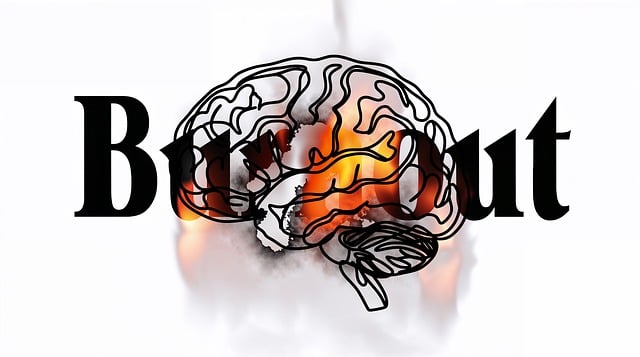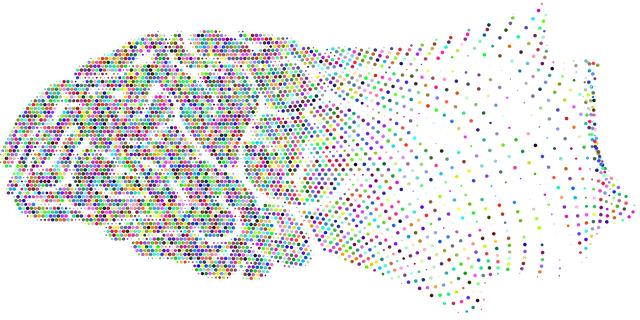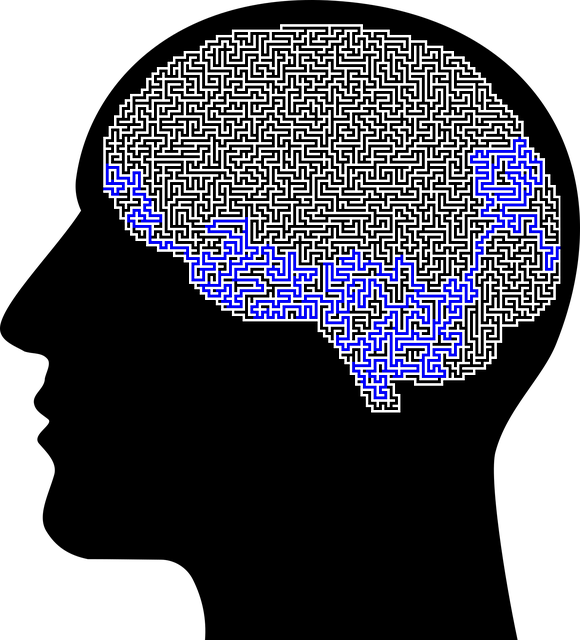Highlands Ranch Major Life Transitions Therapy offers a comprehensive approach to mental health support during life changes, focusing on building strong social connections. Their Social Skills Training (SST) goes beyond talk therapy by teaching practical skills for interpreting social cues, initiating conversations, and managing emotions through interactive role-playing. Integrated with other therapeutic interventions like Mental Health Policy Analysis, Self-Esteem Improvement, and mindfulness meditation, SST empowers individuals to navigate social settings confidently while reducing anxiety and depression. This holistic program also addresses burnout prevention for healthcare providers and includes public awareness campaigns to reduce stigma, fostering a supportive community environment for recovery.
Social skills training is a powerful tool for improving mental health outcomes, offering individuals coping strategies and supportive interactions. This article delves into the concept, highlighting its benefits and key components. We explore how programs like Highlands Ranch Major Life Transitions Therapy utilize social support to enhance recovery. Through understanding effective strategies, we can navigate challenges and foster meaningful connections, ultimately empowering those with mental health conditions to thrive in social settings.
- Understanding Social Skills Training
- The Role of Social Support in Mental Health Recovery
- Addressing Challenges Through Highlands Ranch Major Life Transitions Therapy
- Strategies for Effective Social Skills Development
Understanding Social Skills Training

Social Skills Training (SST) is a structured therapeutic approach designed to enhance individuals’ ability to navigate social interactions, which can be particularly beneficial for those managing mental health conditions in Highlands Ranch Major Life Transitions Therapy. This type of training goes beyond traditional talk therapy by focusing on practical skills to facilitate meaningful connections and improve overall well-being. By participating in SST, clients learn to interpret social cues, initiate conversations, maintain eye contact, and manage emotions during interactions—all essential components for fostering healthy relationships.
The program often incorporates various activities and role-playing scenarios tailored to individual needs. This interactive process not only helps individuals build confidence but also encourages them to practice new behaviors in a safe environment. For instance, exercises might include practicing small talk, resolving conflicts, or asking for support—skills crucial for managing daily life and navigating social challenges. Moreover, SST can be integrated with other therapeutic interventions, such as Mental Health Policy Analysis and Advocacy and Self-Esteem Improvement, to provide clients with comprehensive tools for personal growth and successful transitions in their lives.
The Role of Social Support in Mental Health Recovery

Social support plays a pivotal role in mental health recovery, especially during significant life transitions. In Highlands Ranch Major Life Transitions Therapy, the focus on building and strengthening social connections can significantly enhance a person’s ability to navigate challenging periods. A strong support network provides individuals with a sense of belonging, understanding, and encouragement, all of which are essential for fostering emotional well-being. Research has shown that those with robust social ties tend to experience better mental health outcomes, including reduced symptoms of anxiety and depression.
Mindfulness meditation and emotional well-being promotion techniques are valuable tools in this context. These practices not only help individuals manage stress but also foster deeper connections with others by encouraging active listening, empathy, and open communication. Furthermore, burnout prevention strategies for healthcare providers—who often play a crucial role in mental health support—are essential to ensure they can effectively assist their patients. By prioritizing their own emotional well-being, healthcare providers can maintain the quality of care they offer, thereby contributing positively to the recovery process.
Addressing Challenges Through Highlands Ranch Major Life Transitions Therapy

Highlands Ranch Major Life Transitions Therapy offers a specialized approach to tackling the unique challenges faced by individuals with mental health conditions. This therapeutic program recognizes that major life transitions, such as changing jobs, moving to a new city, or recovering from trauma, can significantly impact one’s mental well-being. By focusing on these pivotal moments, the therapy provides a safe space for clients to navigate and overcome obstacles.
The therapy is meticulously designed using evidence-based practices and incorporates mental health education programs to empower individuals with inner strength development. It addresses the specific needs of each client, offering trauma support services when required, ensuring a holistic approach to healing. Through this tailored support, participants gain the tools to manage stress, build resilience, and adapt to life changes while prioritizing their mental health.
Strategies for Effective Social Skills Development

Social skills training is a potent tool for individuals navigating mental health conditions, offering a pathway to navigate and thrive in social settings with confidence. At Highlands Ranch Major Life Transitions Therapy, we emphasize practical strategies for effective social skills development. This involves tailored exercises that foster empathy building strategies, enhancing one’s ability to connect with others and interpret social cues accurately.
Beyond individual therapy, public awareness campaigns play a crucial role in promoting understanding and reducing stigma around mental health. Additionally, burnout prevention strategies for healthcare providers are essential, as supporting others can be emotionally taxing. By integrating these diverse approaches—from empathy building strategies within therapeutic settings to broader public awareness initiatives—we create an environment that not only supports recovery but also empowers individuals to engage meaningfully in their communities.
Social skills training plays a pivotal role in enhancing mental health recovery, especially when coupled with robust social support. As discussed, strategies like those offered by Highlands Ranch Major Life Transitions Therapy can significantly improve individuals’ ability to navigate social interactions and manage their conditions effectively. By focusing on development and addressing challenges, people can build resilience and foster healthier relationships, ultimately improving their overall well-being.














